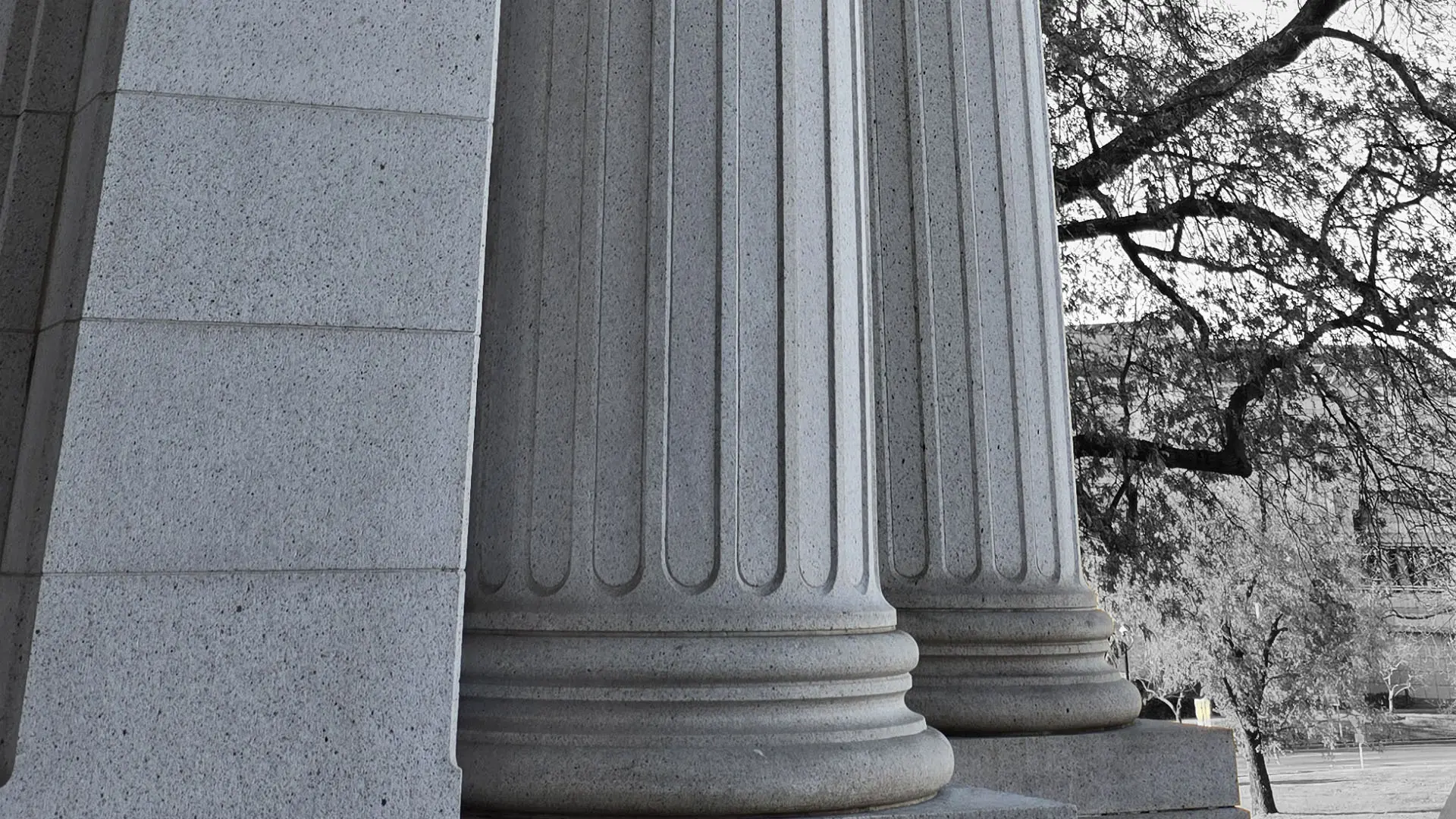For many individuals, the appellate process begins at one of the most difficult points in litigation: after trial. Whether you are considering an appeal because you lost at trial or responding to one filed by the other side, it is completely normal to feel uncertain about what happens next. The Connecticut appellate process is very different from trial, but understanding the steps ahead can make the experience far less overwhelming.
Below is a general overview of the Connecticut appellate process for civil and family appeals.
Filing an Appeal in Connecticut
The appellate process begins by filing the appeal and paying a filing fee ($250 as of this writing). Your attorney will also file preliminary paperwork with the appellate clerk’s office and order a set of trial transcripts, which become part of the record on appeal.
Timing matters: Most appeals must be filed within twenty days of the notice of judgment. There are exceptions (example: summary process appeals must be filed within five days of the judgment, excluding Sundays and holidays). These deadlines are strict and can affect your ability to appeal.
If you are considering an appeal, speak to an attorney as soon as possible.
Where Are Appeals Filed in Connecticut? (And Does Location Matter?)
A common question from individuals considering an appeal is whether they need to hire an appellate attorney near the trial court or where they live. The answer is no.
Appeals in Connecticut are filed and administered in Hartford, home to both the Connecticut Appellate Court and the Connecticut Supreme Court. Whether your trial took place in New Haven, Stamford, Hartford, or another town, your appeal itself will be processed in Hartford—not the local courthouse where your case was tried.
(To learn more about Connecticut’s trial-level court locations, you can view the judicial district maps or geographical area maps maintained by the Connecticut Judicial Branch.)
Because the entire appellate process occurs in Hartford, most appellate attorneys in Connecticut practice statewide. Remote collaboration, electronic filing, and centralized procedures make it easy to work with a Connecticut appellate attorney regardless of where you live or where the trial occurred.
When selecting an appellate attorney in Connecticut, it is often more helpful to focus on someone who regularly handles appeals and understands appellate rules, timelines, and expectations—rather than limiting your search to attorneys located near the trial court.
Pre-Argument Conference in Connecticut Appeals
Connecticut offers the option to participate in a Pre-Argument Conference (PAC). A PAC is a confidential settlement conference, usually conducted by an appellate judge or justice who has taken senior status.
Both parties must agree to participate, and the goal is to explore whether the appeal can be resolved before the court spends time and resources on full briefing and argument.
If you are interested in resolving the case early—or at least narrowing the issues—this may be a valuable tool. But be aware that the briefing process generally stops while awaiting the PAC process. This can add months to the appellate process if parties are unable to reach a settlement.
Reviewing the Record and Identifying Appellate Issues
Appellate litigation focuses entirely on the record created in the trial court. Your appellate attorney will carefully review the full record, including:
- Pleadings and motions
- Exhibits
- Trial transcripts
- Court rulings and jury instructions
- Final decision or judgment
Using this material, your attorney will identify appealable issues and evaluate them under the applicable standard of review—the legal lens appellate courts use to determine whether the trial court made a reversible error.
Note: An appeal is a review of what happened at trial. It generally is not an opportunity to make new arguments. You may not introduce new evidence.
Think of an appeal like booth review in sports—the play (trial) happens; the referee or umpire makes a call on the field (trial court decision); and then, the team or coach can request booth review (appeal). Like booth review—which is a replay of what happened on the field—an appeal is a review of what happened at trial.
Appellate Briefing in Connecticut
After identifying the issues to raise on appeal, your appellate attorney will draft the appellate brief. This is the most important part of the appeal. It is where your attorney presents legal arguments supported by citations to the record and relevant case law.
Connecticut appellate briefs must follow strict formatting and word limits. The main brief is capped at 13,500 words, and reply briefs are limited to 6,500 words.
A typical appeal includes:
- The appellant’s brief (filed by the party appealing),
- The appellee’s brief (filed by the responding party), and
- The appellant’s reply brief (optional, but important to respond to new points raised in the appellee’s brief).
Additional briefs may be filed in cases involving multiple appellees, a cross appeal, or amici curiae (“friends of the court”).
Oral Argument in a Connecticut Appeal
After briefing is completed, most appeals are scheduled for oral argument. Your attorney will appear before a panel of appellate judges (three in the Appellate Court, up to seven in the Supreme Court) to answer questions and emphasize key points. Oral argument is usually 40 to 60 minutes in total and is often recorded or livestreamed.
Note: Oral argument differs from trial court hearings. Your appellate attorney will present legal arguments at a podium before a panel of 3 judges (at the Appellate Court) or 7 justices (at the Supreme Court). The judges and justices will ask your attorney questions about the facts and law in your case. There will be no new testimony or new evidence presented during oral argument.
When You Receive a Connecticut Appellate Decision
After oral argument, the judges will take time to review the case and issue a written decision. The timeline for a decision depends on which court is hearing the case:
- Connecticut Appellate Court: Decisions typically take 3 to 5 months
- Connecticut Supreme Court: Decisions often take 6 to 10 months
Some decisions take longer or shorter depending on complexity, but most fall within these timeframes. For more detail on timing, see my post on how long an appeal takes in Connecticut.
Connecticut Appeals are Different from Trials
The appellate process is unique and highly structured. Unlike trial, there are no juries, no new evidence, and no witnesses—just legal arguments based on the trial record.
If you are thinking about appealing or responding to an appeal, it is important to understand what is ahead and work with someone who can guide you through the process.
Considering an Appeal?
If you are unsure whether an appeal is right for you, or simply want to better understand your options, I am happy to talk. I work with individuals and trial attorneys across Connecticut to provide appellate representation, strategic consulting, and support from filing through argument.
Contact me to schedule a consultation and discuss your case.


